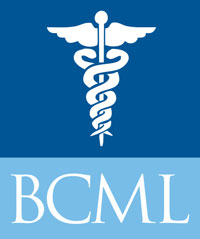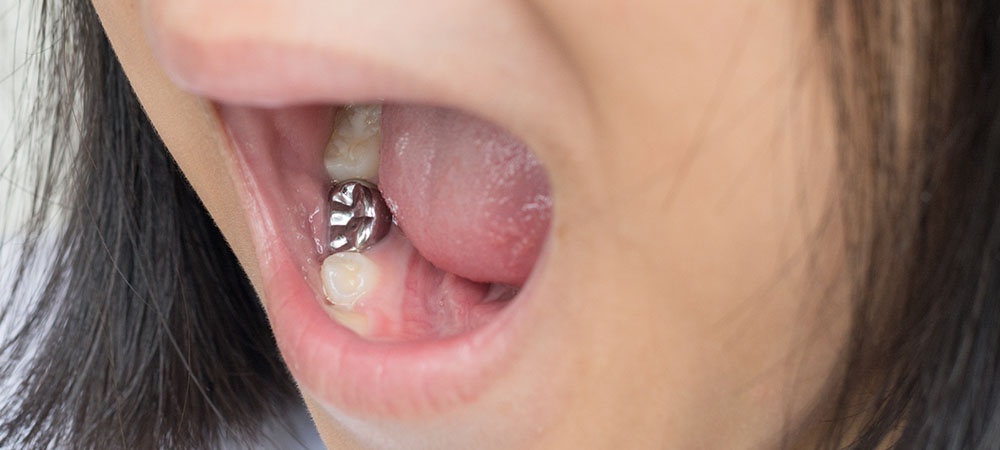Dental fillings are necessary when a hole in your tooth can cause food and bacteria to get into the gum. These cavities may seem small, but they can lead to worse teeth problems in no time.
Generally, you’ll spend less than $1000 to fill a cavity anywhere in Ontario. Depending on some factors, you may not even spend up to $200.
Information about the cost of dental fillings will help you plan for it before the cavity causes a severe problem. That’s the motivation behind this guide to tooth filling costs and the factors that determine pricing.
Here’s what you need to know.
How Much Does Cavity Filling Cost?
The Canadian government is working tirelessly to reduce the spread of tooth decay, especially among children.
Recently, the government announced plans to ease families living below $90,000 with children’s dental care through Canada Dental Benefit. However, this doesn’t cover your costs as an adult.
Here’s what determines the price estimate for a cavity filing;
The Type of Dental Filling
The most influential factor affecting cavity filling costs is the type of filling you choose. The difference between all types of dental filling treatment is the material used.
Broadly, you can divide cavity fillings into two groups: tooth-colored and metal filling.
Metal Fillings
As the name suggests, metal fillings are made of metal materials. Generally, the two types of metal fillings are silver and gold fillings.
Also known as an amalgam filling, the silver filling is the most common in Canada. Without insurance, you will spend $150-400 dollars to get these fillings.
The price fluctuates based on the tooth location, dentist choice, and extent of the cavity. Silver fillings aren’t only the cheapest filling; they also last longer. These fillings are dark, so it’s better to use them for a non-visible tooth.
On the other hand, gold fillings convey luxury to whoever sees it. It’s the most expensive cavity filling, costing nothing less than $1000 per tooth. It’s not the ideal choice if you’re on a budget for a dental filling.
Unlike silver cavity fillings, gold fillings comprise real gold mixed with other metals. A gram of gold costs $76 in Canada. And a single dental filling can hold up to five grams of gold. By calculation, the filling still holds value.
Like silver dental fillings, a gold filling’s color differs from the rest of your teeth. So, you might want to use it for a non-visible tooth. However, some users prefer making it visible as a show of luxury.
Tooth-colored Dental Fillings
Tooth-colored dental fillings are ideal for visible teeth. These fillings look natural since they have the exact color of your teeth. The cost for this cavity filling depends on the material used for the process.
Three materials can take your teeth’s natural shape and color; ceramic, composite, and glass ionomer fillings.
- Ceramic dental cavity fillings don’t stain but can cost as high as $1000. Also known as porcelain fillings, ceramic fillings can be weak if installed in small spaces. Therefore, most dentists will create more space to fill, which may increase the costs.
- Composite fillings are cheaper than ceramic fillings. The cost for this cavity filling is less than $500. If you choose this dental filling, you may complete it under one appointment, saving consultation fees.
- Glass ionomer tooth fillings aren’t very common but will also your teeth’s natural color. These tooth fillings cost a little less than $500. Using this filling on a tooth that does less chewing is best because it can be brittle.
Related Article: What Treatment Should I Get If My Tooth Needs a Filling?
Your Tooth’s Location
The tooth location will always affect your budget for a dental filling. If the tooth with a hole is visible, the dentist can treat it quickly.
However, if the tooth is beyond the dentist’s visual reach, they’ll need an X-ray. This challenge makes it more technical and time-consuming, increasing the overall costs of the treatment.
The Extent of the Cavity
We tend to manage and endure our oral health until we can’t bear the pain. Therefore, it’s rare to find someone with a small hole requiring a dental filling. However, if you fix it early, you’ll save on cavity-filling costs.
If you wait till the decay worsens, you may need other treatments like cleaning and a root canal before filling. These processes have their costs and will increase dental filling costs.
The Dentist Costs
You can’t get a perfect price estimate for cavity filling without considering the dentist’s cost. Most dentists already charge you before consulting and confirming there’s a cavity.
After the initial appointment, you must schedule another one for the tooth filling. Usually, this second appointment has a fixed price that increases the overall cost of your dental filling treatment.
Your Dental Insurance
If you have dental insurance, you may be saving more than half of the costs. The Canadian Government’s free public health care doesn’t cover oral health.
In most cases, Canadians get dental insurance from their employers. Most employers embed dental packages into general health insurance, so remember to check.
Dental insurance details usually differ, but in most cases, insurance covers 80% of essential treatments and 50% of complex issues.
Related Article: 3 Reasons Why (And When) You Should Get a Cavity Filled
Cavity Filling Treatment in Ontario
Understanding the cost of cavity fillings will help you prepare for the procedure. Tooth cavities will continually worsen. Therefore, get treatment the moment you notice one.
Lockwood Clinic’s dental office is run by dentists experienced in tooth-filling procedures and other issues. Our team will help fill your teeth and prevent further problems, all at competitive prices. Call us at 416-921-2121 today.


















